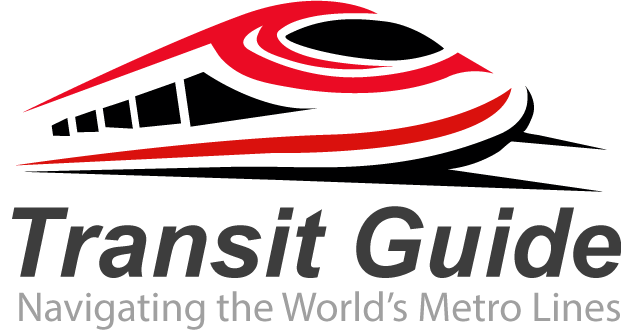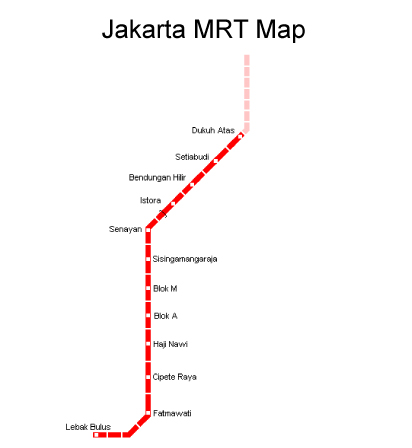Jakarta’s Mass Rapid Transit (MRT) system represents a significant leap forward in Indonesia’s urban transportation infrastructure. Since its launch in March 2019, the Jakarta MRT has revolutionized how residents and visitors navigate the bustling capital city, offering a fast, reliable alternative to Jakarta’s notorious traffic congestion.
Overview of the Jakarta MRT Network
The Jakarta MRT currently operates one main line with plans for expansion. Phase 1 of the project was officially opened on 24 March 2019, marking a historic milestone for Indonesian public transportation. The system is operated by PT MRT Jakarta (Perseroda), a municipally-owned company established by the Jakarta Provincial Government.
Currently, the two terminal stations on the North South Line of Jakarta MRT are Lebak Bulus Station (south Jakarta) and Bundaran HI Station (central Jakarta). This strategic route connects key areas of the city, passing through important commercial and residential districts.
Station Network and Routes
The North-South Line features 13 stations connecting major destinations throughout Jakarta. Stations include: Setiabudi Astra, Bendungan Hilir, Dukuh Atas BNI, Bundaran HI, Istora Mandiri, Senayan, Asean, Blok M BCA, Blok A, Haji Nawi, Cipete Raya, Fatmawati, and Lebak Bulus Grab. Each station is designed with modern amenities and accessibility features.
A key highlight is the integration with other transportation systems. The Dukuh Atas Station is connected to the KRL Commuterline and Soekarno–Hatta Airport Rail Link through the Dukuh Atas TOD, making it a crucial interchange hub for travelers.
Operating Hours and Frequency
PT MRT Jakarta operates 285 trips daily from 5 AM until midnight, with 5 minutes headway. During peak hours (07:00–09:00 and 17:00–19:00), trains depart every 5 minutes, ensuring minimal waiting times during busy periods.
Fare Structure and Ticketing
The Jakarta MRT uses a distance-based pricing system. Fares range from IDR 3,000 to IDR 14,000 depending on the distance traveled. The maximum MRT Jakarta price is set at 14,000 IDR, making it an affordable transportation option for daily commuters.
Passengers can purchase tickets through various methods including ticket machines at stations and help desks. The system accepts multiple payment options to ensure convenience for all users.
Special Features and Services
The Jakarta MRT prioritizes passenger comfort and safety. It offers a women-only carriage during morning peak hours from 7AM to 9AM and in the afternoon from 5PM to 7PM, addressing safety concerns and cultural preferences.
Future Expansion Plans
The system includes plans for an East–West Line connecting Bekasi Timur to Balaraja, with the Ujung Menteng-Meruya Utara segment undergoing changes to pass through the Ujung Menteng-Tomang segment. This expansion will significantly increase the network’s coverage and connectivity.
Benefits for Jakarta Residents
The MRT system addresses Jakarta’s chronic traffic problems by providing a reliable, efficient alternative to road transportation. With modern trains, air-conditioned carriages, and predictable schedules, the MRT offers a superior travel experience compared to traditional transportation methods.
The integration with transit-oriented development (TOD) areas at major stations promotes sustainable urban growth and reduces dependence on private vehicles. This makes the Jakarta MRT not just a transportation system, but a catalyst for urban transformation in Indonesia’s capital city.

